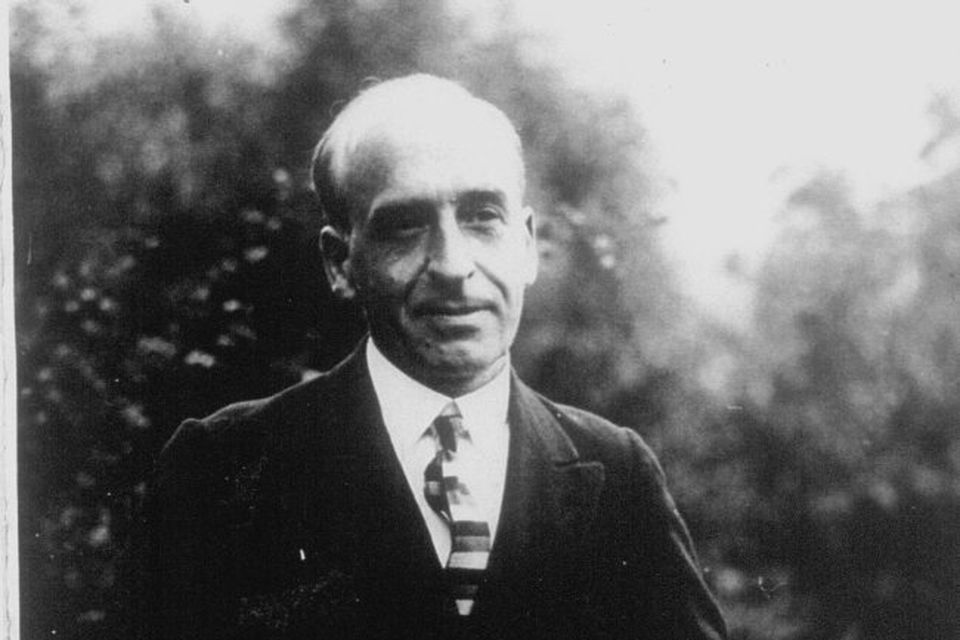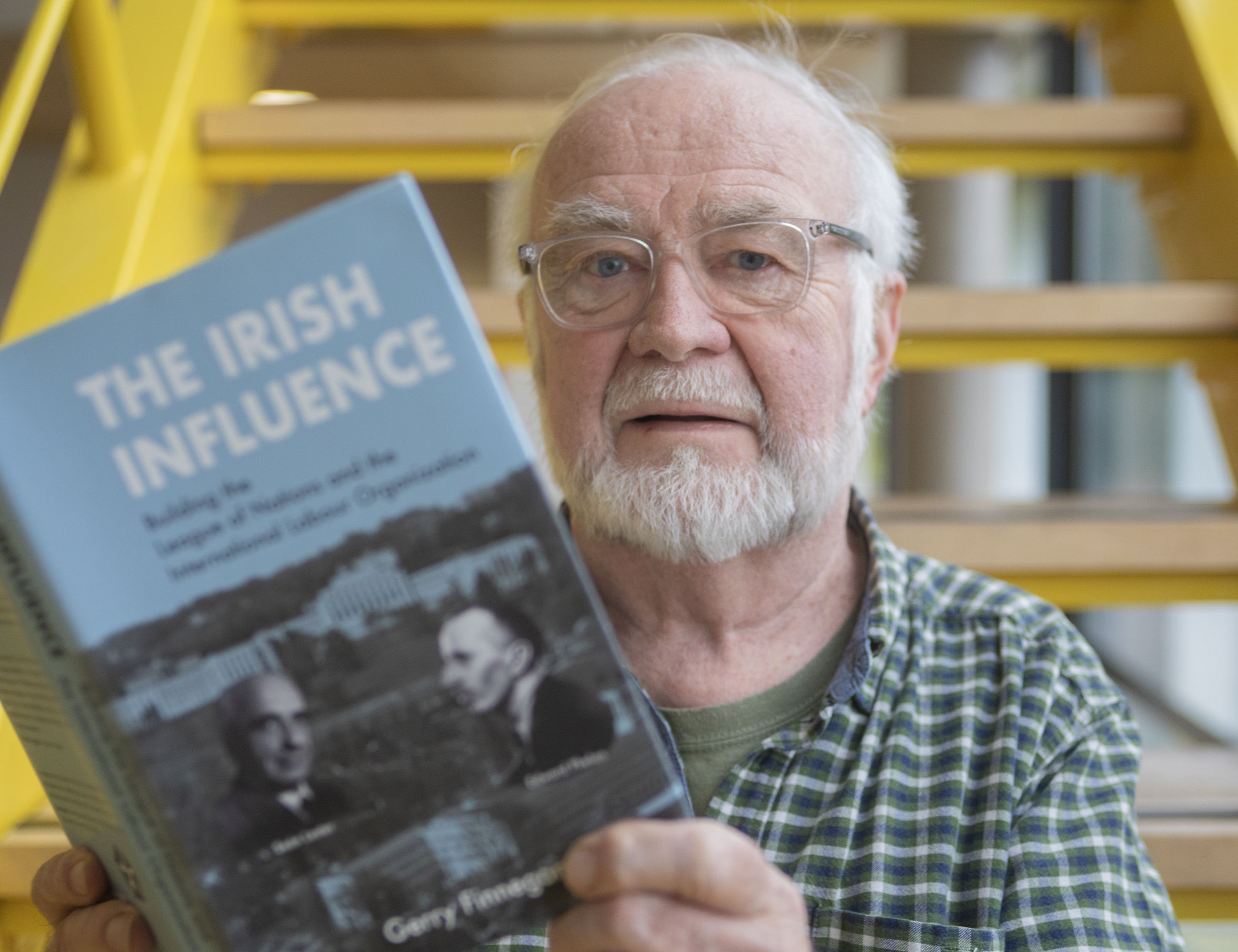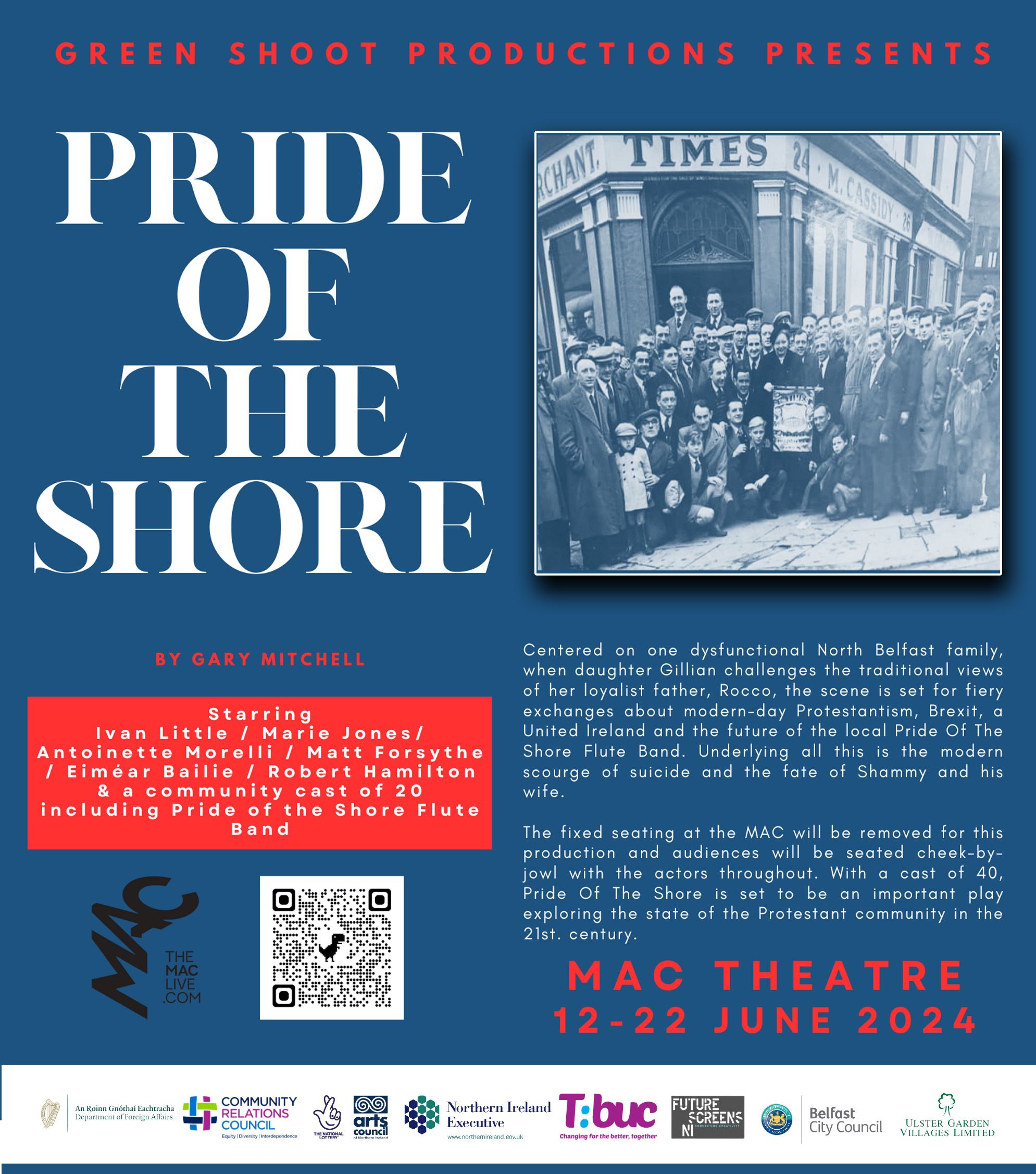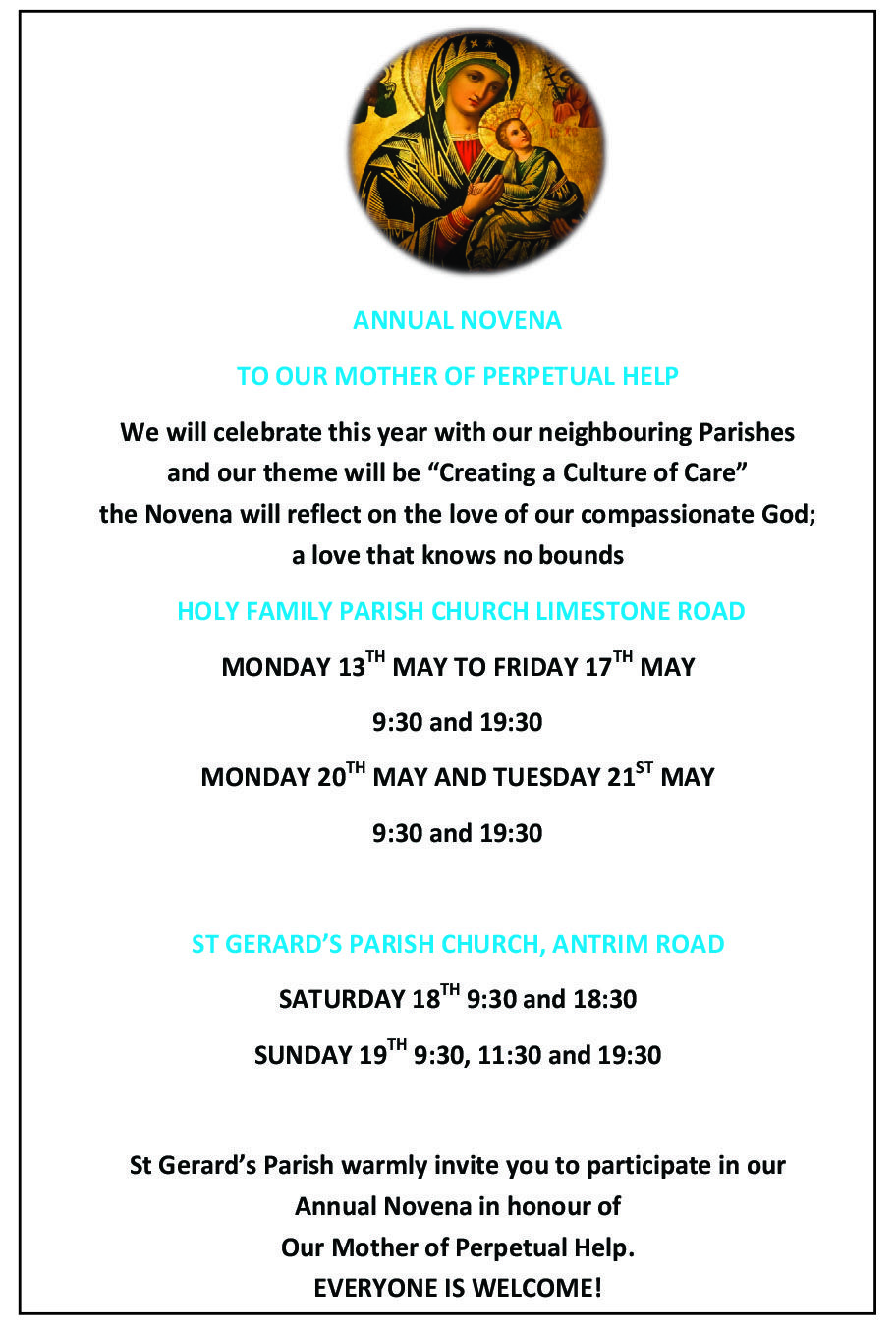A COMPELLING new book by an author from Andersonstown explores the little-known story of two remarkable Irishmen, Edward Phelan and Seán Lester, who sat at the head of the League of Nations and the International Labour Organisation through the Second World War.
Gerry Finnegan is originally from Andersonstown but over his life has acquired an extensive background in international development and is a former employee of the International Labour Organization.

Gerry’s book also focuses on the unique friendship which developed between Seán Lester and Edward Phelan as well as focusing on the emerging Irish state’s first steps towards becoming the diplomatically powerful country it is today.
The Embassy of Ireland in the Netherlands and the University of Leiden present a joint event ‘Building the League of Nations and the International Labour Organisation’. With keynote speaker and author Gerry Finnegan. Read more here:https://t.co/CksKpGM5hD pic.twitter.com/8m9Sx4wLXh
— Political Science Leiden (@PolSciLeiden) October 31, 2023
Gerry’s well researched tome begins with prefaces by the President of Ireland, Michael D Higgins and the former ILO Director-General Guy Ryder.
The central figures in the book come from very different backgrounds. Phelan was of southern Catholic stock while Lester, though from northern Protestant background, was fluent in Irish and a former member of the Irish Republican Brotherhood (IRB).
“Edward Phelan was born into a wealthy Waterford Irish Catholic family and later moved to Liverpool at an early age," explains Gerry. "In 1914 he got a job in the newly formed British Ministry of Labour.
“At the end of the war in 1919 he was part of the British delegation to discuss amongst the victors the setting up of an international labour organisation. Phelan was secretary for that committee which saw the formation of the International Labour Organization in April 1919.
“Phelan soon found himself head of the ILO’s diplomatic section. Phelan was in there right at the beginning and he spent the rest of his career working for the ILO and headed it up throughout the Second World War.
“The second man is Seán Lester, born as John Ernest Lester, who was from a Protestant family with roots in Carrickfergus. Seán’s family moved to the Ormeau Road and Seán was exposed to a wider range of cultures and religions there.
“He became interested in Irish nationalism and the Irish language and adopted the name ‘Seán’. He joined the Gaelic League, became fluent in Irish and joined the Irish Republican Brotherhood."
Did you know the first 'international civil servant' was an Irishman? 🇮🇪🤝🌍
— Embassy of Ireland, Belgium (@IrishEmbBelgium) November 17, 2023
📚An educational evening at the launch of Gerry Finnegan's new book last night, telling the story of 2 Irishmen who brought Ireland to the main stage during the 1920s. Thanks to @iiea for organising! pic.twitter.com/8qGxRSaM35
Gerry continued: “That was quite a move for someone to make, to move from a Unionist Methodist background to joining the IRB. In 1916 he was in the Volunteers under Eoin MacNeill who tried to stand down the Volunteers before the Rising. Seán had already worked for years as a journalist at the North Down Herald and later became news editor on the Freeman's Journal in Dublin.
“Seán like many men of his generation joined the newly founded Irish Free State’s civil service. In 1929 he was appointed the as the Free State’s representative to the League of Nations in Geneva and in 1929 he met Edward Phelan."
The two Irishmen bonded immediately.
“The two of them were Irish and they started a friendship which lasted for the rest of their lives," says Gerry. "The Free State didn’t then have a permanent seat at the League of Nations but they got a temporary seat in 1930 for three years.”
The pair "landed on their feet" in Geneva, says Gerry, quickly becoming respected and trusted diplomats in Geneva, which in the years preceeding WWII was a city of intrigue and espionage’
“Lester was a great diplomat and was excellent at his job but the problem was the Free State had no resources due to the trade war between Britain and the Free State. His letters back to Dublin frequently complained about hearing no response – he had an office but no electricity so he was very frustrated.”
When the international arena began to heat up with the rise of fascism in Italy and Germany, Seán Lester soon found himself an enemy of the Nazi Party.
Under the Treaty of Versailles, the German city of Danzig (now Gdańsk in Poland) was designated as a Free City under the League’s protection and Lester was appointed to be the High Commissioner. Over the 1930s the Nazis were increasing in power and creating a lot of trouble in Danzig which was majority German.
Letter to Seán Lester, League of Nations High Commissioner to the Free City of Danzig, thanking him for opposing oppression of Jews #HMD2018 pic.twitter.com/CxFvP24Hw3
— UCD Archives (@ucdarchives) January 27, 2018
Explains Gerry: “Lester was in a very tough position and was threatened by the Nazis and became something of a hate figure for them. In 1937 his bosses again appointed him – he was always appointed, he never applied - as number two in the League of Nations. In 1938, Phelan was appointed deputy of the ILO and suddently you had two of the most important organisations in the world being whose number two’s were both Irish men.
“Things got very interesting as war approached. Lester’s boss, the leader of the League was a frenchman called Joseph Avenol. Avenol was very enthralled by Hitler and thought German fascism was great, he wanted to gift the League to Hitler on a plate. Of course, Lester wouldn’t tolerate that and in 1940 when Europe was at war, Avenol was forced to resign.
“Lester then found himself leader of the League in 1940 in the midst of the worst war the planet had ever seen. Phelan also moved up when the ILO’s leader, an American, John Winant was appointed US Ambassador to London. The ILO had then relocated to Montreal for safety away from Geneva so by 1941 both organisations in the midst of the war were headed by Irish men.”
DIPLOMACY: Seán Lester, an Irish-speaking Protestant and former IRB member stood up to the Nazis during his time as High Commissioner of Danzig in the 1930s
Despite the rise of these two Irishmen, there will still some who were suspicious of them because of the country of their birth including Winston Churchill, who disliked seeing two Irishmen in top positions and through Gerry’s research he has shown how Seán Lester was furious when he discovered his corresspondence during the war was being intercepted and read by the British, who had put him on a watch list.
Gerry added: “Churchill wasn’t too happy having two Irishmen in the top positions and they struggled through the war years. Lester kept extensive journals, he also kept secret records on his boss Avenol’s flirtations with Nazism which he kept in a box buried in the League’s garden.”
To complete his book Gerry drew upon the archives at the Geneva headquarters of the ILO — where he had spent over 20 years.
The year is 1946 ⚡️ Former @ILO Director, Edward Phelan (left) and @UN Secretary-General, Trygve Lie (right), signs an agreement making the ILO the first specialised agency of the newly-formed United Nations.#ILO100 pic.twitter.com/ZVYdloiaEU
— International Labour Organization (@ilo) April 3, 2019
And Gerry is pleased at punch with the endorsement from President Higgins. “I spoke at an international conference at the Liberty Hall in Dublin and President Michael D Higgins was in the audience. Michael D. wrote a brilliant paper on Edward Phelan and also spoke at an Edward Phelan memorial lecture, it was brilliant to see him sitting in the front of the audience.”
Gerry's book is available in the Cultúrlann bookshop, An Ceathrú Póilí.








